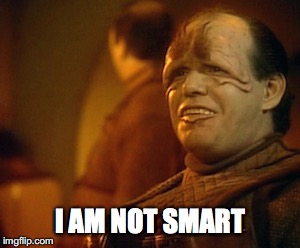Cardinal Joseph Ratzinger (now Pope Emeritus Benedict XVI) wrote:In the last decade, creation's resistance to allowing itself to be manipulated by humanity has emerged as a new element in the overall cultural situation. The question of the limits of science, and the criteria which it must observe, has become unavoidable.
Particularly emblematic of this change of intellectual climate, it seems to me, is the different way in which the Galileo case is seen.
[…]
Curiously, it was precisely [Ernst] Bloch, with his Romantic Marxism, who was among the first to openly oppose the [Galileo] myth, offering a new interpretation of what happened: The advantage of the heliocentric system over the geocentric, he suggested, does not consist in a greater correspondence to objective truth, but solely in the fact that it offers us greater ease of calculation. To this point, Bloch follows solely a modern conception of natural science. What is surprising, however, is the conclusion he draws: "Once the relativity of movement is taken for granted, an ancient human and Christian system of reference has no right to interference in astronomic calculations and their heliocentric simplification; however, it has the right to remain faithful to its method of preserving the earth in relation to human dignity, and to order the world with regard to what will happen and what has happened in the world."
[…]
… He [Paul Feyerabend] writes: "The church at the time of Galileo was much more faithful to reason than Galileo himself, and also took into consideration the ethical and social consequences of Galileo's doctrine. Its verdict against Gaileo was rational and just, and revisionism can be legitimized solely for motives of political opportunism."
From the point of view of the concrete consequences of the turning point Galileo represents, however, C.F. Von Weizsacker takes another step forward, when he identifies a "very direct path" that leads from Galileo to the atomic bomb.
To my great surprise, in a recent interview on the Galileo case, I was not asked a question like, 'Why did the Church try to get in the way of the development of modern science?', but rather exactly the opposite, that is: 'Why didn't the church take a more clear position against the disasters that would inevitably follow, once Galileo had opened Pandora's box?'
It would be absurd, on the basis of these affirmations, to construct a hurried apologetics. The faith does not grow from resentment and the rejection of rationality, but from its fundamental affirmation and from being inscribed in a still greater form of reason …
Here, I wished to recall a symptomatic case that illustrates the extent to which modernity's doubts about itself have grown today in science and technology.
[Full Text] 







